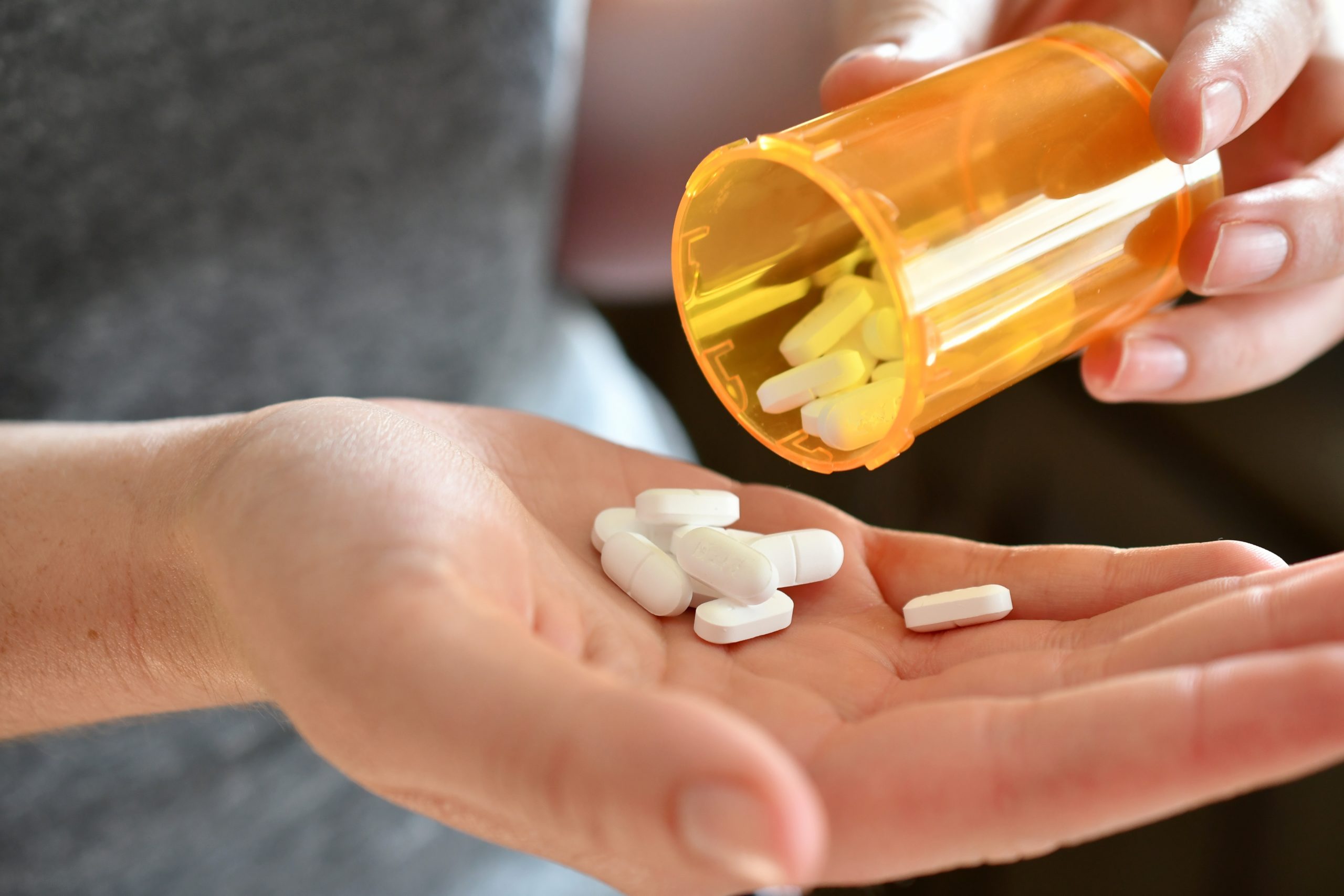Opioid addiction is a growing problem that is impacting the United States and the larger global community. It is a complex disorder that can have various contributing factors and is often misunderstood. To better understand opioid addiction, it is important to consider the various challenges associated with it, the risks of misuse, and available treatment options.
From identifying the signs of opioid addiction to recognizing the signs of opioid overdose, it’s important to understand the facts in order to help combat this growing problem. Keep reading to learn more about opioid addiction and how to support those struggling with it.
What are opioids?

Opioids are a class of drugs that are derived from the opium poppy plant and are used to relieve pain. They are also known as opiates and are highly addictive. Opioids are a class of drugs that include the illegal drug heroin, synthetic opioids such as fentanyl, and pain relievers available legally by prescription, such as oxycodone.
Opioids work by binding to opioid receptors in the brain, which produce a feeling of euphoria and relaxation. This pleasurable effect is often what leads to addiction. Over time, the brain becomes accustomed to the effects of opioids and requires more of the drug in order to feel the same effects.
Opioid addiction is a disease that affects the brain and body. It is often characterized by compulsive drug use, cravings, and a decreased ability to control drug use. Those with opioid use disorder may continue to use opioids despite experiencing negative consequences, such as financial problems, relationship issues, and legal problems.
What are the signs of opioid addiction?

Opioid addiction is a serious public health concern and can have devastating consequences on individuals and communities. Signs of opioid addiction can vary depending on the individual and the specific drug, but common signs include a strong desire to use the drug, a decreased ability to control use, physical dependence, and withdrawal symptoms when not using.
The hallmark of opioid use disorder is a strong craving for the drug, where the individual will go to great lengths to obtain and use the drug. They may spend excessive amounts of money, neglect responsibilities, or partake in risky behaviors in order to get the drug. People who struggle with opioids will often take more of the drug than prescribed or use multiple drugs concurrently, both of which increase the risk of serious health consequences.
Physical dependence is also a telltale sign of an opioid issue. Dependence occurs when the body has adapted to the presence of the drug, and withdrawal symptoms occur when the individual stops taking the drug. Withdrawal symptoms can vary in severity and may include nausea, vomiting, insomnia, muscle aches and pains, anxiety, and depression.
What are the warning signs of an opioid overdose?
Unfortunately, opioid addiction can lead to dangerous and even deadly consequences if not appropriately managed. One of the most serious risks associated with opioid addiction is an overdose. Knowing the warning signs of an opioid overdose is essential in order to seek prompt medical attention and potentially save a life. The most common signs of an opioid overdose include slowed or stopped breathing, extreme sleepiness, confusion, small pupils, a weak pulse, and loss of consciousness.
If a person has overdosed on opioids, their breathing may be significantly slower than normal or even stop completely. They may also become excessively sleepy or find it difficult to wake up and may seem confused or disoriented. In addition, their pupils may appear constricted or small, and their pulse may be weak or difficult to detect. Ultimately, the person may lose consciousness or become unresponsive. Other warning signs of an opioid overdose may include blue-tinged or pale skin, clammy skin, and vomiting. If a person is experiencing any of these symptoms, it is imperative to seek medical attention immediately.
How can you help a person struggling with opioids?
When helping a person struggling with opioid addiction, it is important to be patient, understanding, and non-judgmental. Offer to listen to their story and to provide emotional support. Validate their feelings and provide them with hope. Let them know that there is help available and that they can get through this. Encourage them to seek professional help and connect them with treatment resources. There are many treatment centers that provide recovery assistance for those with opioid dependence.
Understanding opioid addiction is essential in order to address the growing epidemic effectively. This means being aware of the various types of opioids, their potential for abuse, and the risks associated with opioid use. Additionally, it is important to recognize the signs of opioid addiction, so that appropriate interventions and treatments can be provided.





